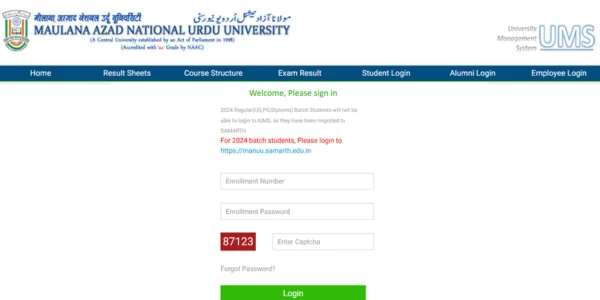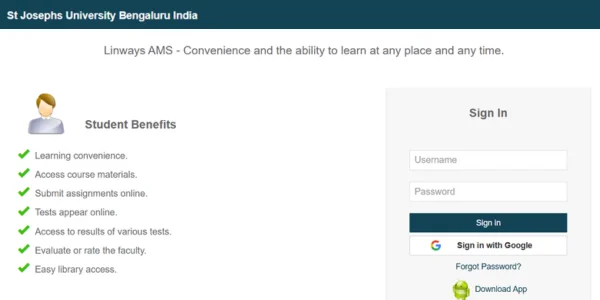Why Personal Development Matters in Care
Personal development in the ever changing health and care industry is not only about professional training but also a promise of lifelong learning and self-enhancement. The care professionals have to address the complicated emotional, physical, and ethical issues on a daily basis. By taking personal development courses, they are able to examine their performance and improve their interpersonal skills as well as adjust to the evolving standards of care.
An efficient workforce will result in quality care. Through their personal growth, care providers create a team that is humane, competent, and strong. Such courses not only enhance technical skills but also improve motivation and morale, making staff work to provide person-centered care to satisfy the varied needs of the patients and clients.

Upskilling the Modern Health Workforce
Contemporary healthcare environments are growing at a fast pace. Care professionals should be informed and flexible since they need to comprehend digital health systems as well as implement new safety and compliance processes. The personal development courses keep the workers at the forefront of such changes and prepare them with both practical and soft skills that can make them successful.
For instance, after a Level 2 Diploma in care, professionals are able to acquire the basic skills required in effective caregiving. It improves awareness of health policies, communication guidelines, and protection procedures – all of which would lead to a more competent and effective workforce that would provide quality care services.
Training That Builds Confidence and Competence
One of the major characteristics of caregiving is confidence. Once the staff members feel confident about their ability and choice, they will be able to treat patients with more confidence and compassion. Personal development programs offer organized learning spaces through which individuals identify their strengths and weaknesses and seek ways of improving them.
These classes have, most of the time workshops, mentoring, and real life simulation where the learners put into practice what they have learned. Such a blend of education and experience enables care professionals to develop a feeling of mastery, which is directly transferred into the quality of care and patient satisfaction.
Developing Empathy Through Continuous Learning
Care work is all about empathy, but it is an aspect that has to be continually nurtured and reflected upon.
Role of Reflective Practice
Reflective learning can make care workers think more critically regarding their practice, detect emotional triggers, and learn more about patient needs. Restoring to real life experiences and evaluating the outcomes, professionals develop emotionally and intellectually, which develops empathy and self awareness.
Emotional Intelligence in Care
Courses on personal development, which are centered on emotional intelligence, assist care professionals in managing sensitive situations in a compassionate and professional manner. They are taught to establish trust, respond to distress, and establish meaningful relationships with people under their care through role playing and scenerio based learning.
Link Between Personal Growth and Quality Care
Individual development has a direct impact on the quality of care. As professionals invest in their development, they are able to add fresh energy, creativity, and emotional stability to their jobs. This not only improves patient satisfaction but also decreases burnout and turnover rates among care staff. Personal growth is translated into quality care in the following way:
- Improved communication: Improved communication between the staff and the patients.
- Increased flexibility: Capacity to deal with emerging challenges and processes effectively.
- Better teamwork: Teamwork and respect between care teams
- Ethical awareness: Be more considerate in delicate circumstances.
All these factors will help in establishing a working culture that appreciates the health of the staff and patient outcomes.
Career Advancement Through Structured Courses
Formal education offers bright career progression in the health and care sector. Individuals who initiate upskilling tend to advance to senior positions, or specialized positions, such as supervisors, coordinators, or care managers.
Qualifications such as a Diploma in Care Level 2 provide the basis for higher qualifications and leadership. As they grow in their educational path, they acquire credibility, increase their roles and responsibilities, and help to develop best practices in care settings. Personal development courses are, therefore, stepping stones to a lifetime of success and fulfillment in a career.
Shaping the Future of Health and Care Professionals
Healthcare is heavily reliant on a highly trained, emotionally intelligent, and constantly improving workplace to ensure the future of healthcare. The personal development courses enable people to grow with the sector, keeping the care holistic, ethical, and personal centered.
Organizations can retain competent employees and enhance community health outcomes by developing a culture of growth and reflections. Finally, a personal investment in personal development is not only personal, but a shared initiative in the creation of a kinder and more qualified health and care workforce.








